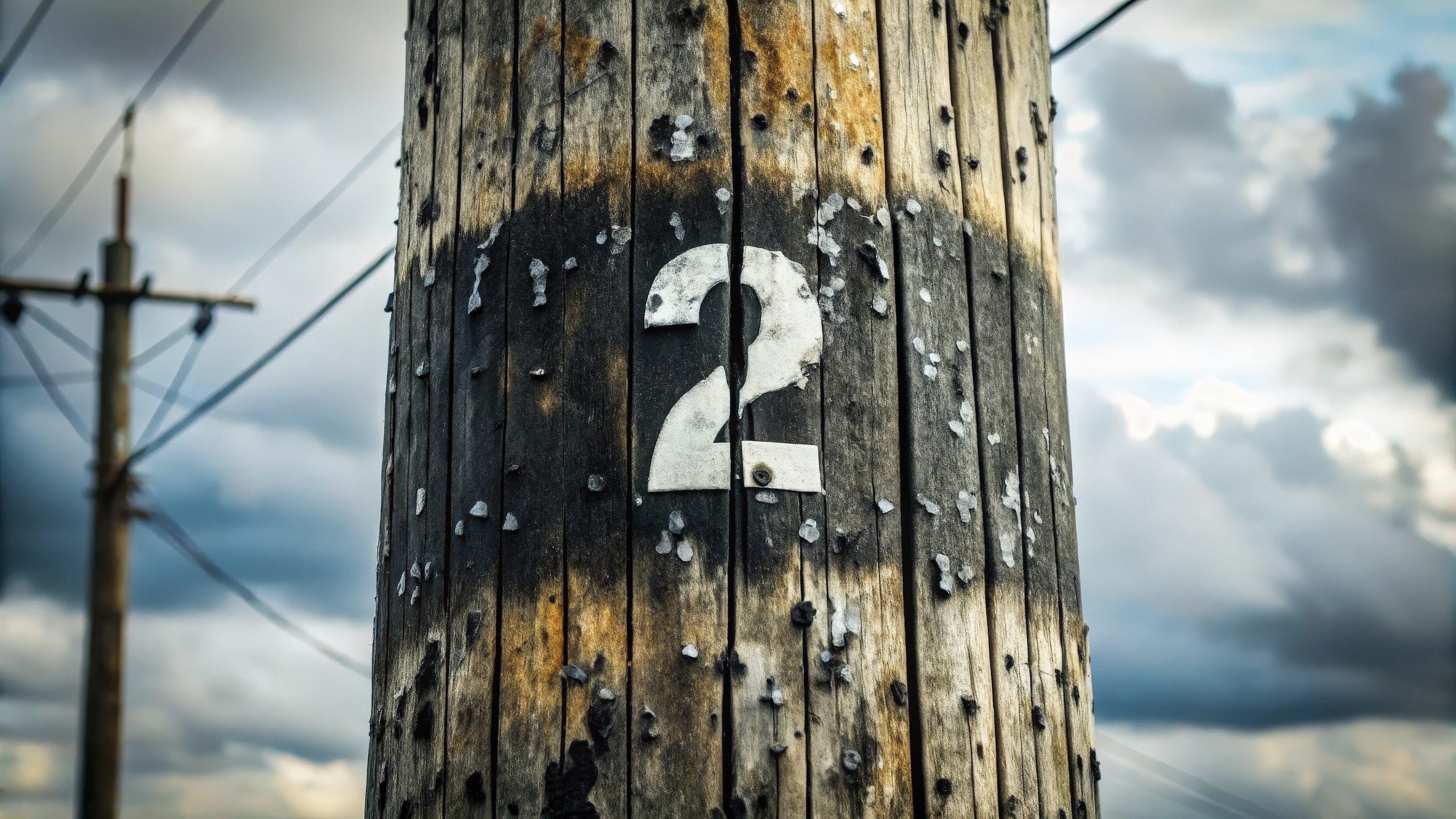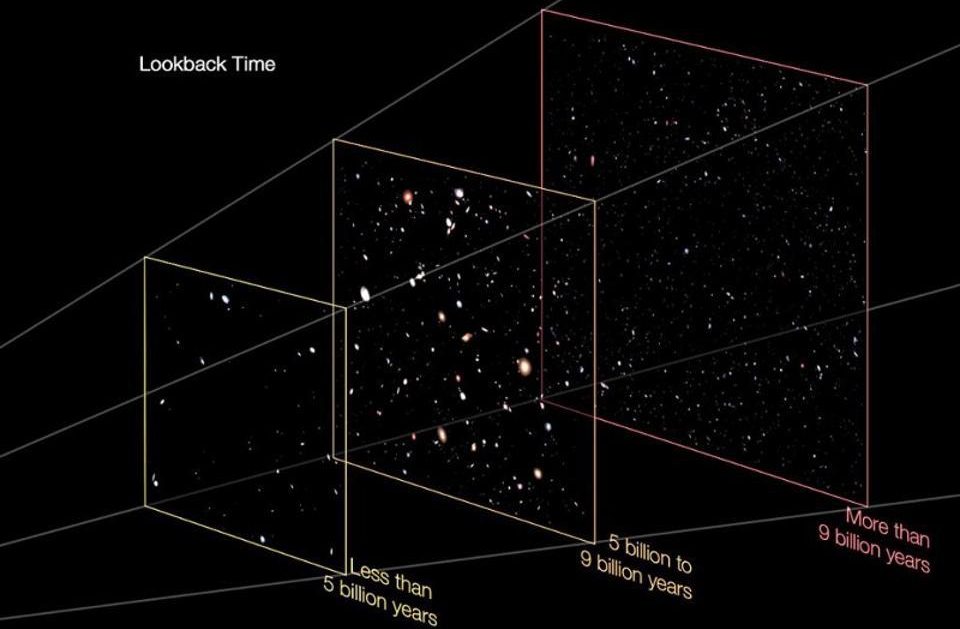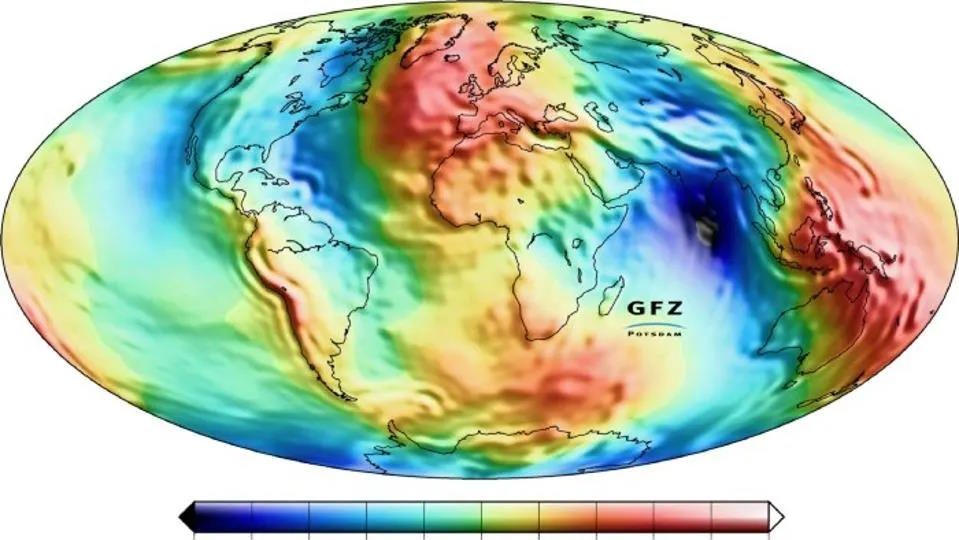Isabel Allende is a Chilean-American author who has published 18 books, including works of fiction, non-fiction, and memoir. She is one of the best-known female writers in Latin America, and[…]
Sign up for the Smarter Faster newsletter
A weekly newsletter featuring the biggest ideas from the smartest people
In memoirs, the author must decide “what is mine to tell and what is not mine to tell.” But in fiction, “I do whatever I want.”
Question: How has your journalism background influenced your rnfiction?
rn
Isabel Allende: In many ways. It’s good for a writer to rncome from journalism because it gives you the tools. I learned to use rnlanguage effectively; to look for a good noun that would replace three rnadjectives; to be precise, direct, clear; to keep in mind the reader. Arn journalist knows that he or she can lose the reader in six lines, so rntry to keep the attention of the reader. Also, you learn to research, rnand to conduct an interview—to extract from the person whatever you needrn from that person. So, all that has been really useful, plus the fact rnthat a journalist always works with a deadline. And if I didn’t give rnmyself a deadline I would be procrastinating forever. So, that’s why I rngive myself January 8th to start and work until I finish a first draft.
rnQuestion: Are aspects of your fiction autobiographical?
rn
rnIsabel Allende: A lot. I have written memoirs that are rncompletely autobiographical, but I think that in my books, there... evenrn sometimes I don’t know that it is autobiographical until after the bookrn is published and someone points it out to me that, for example, this rnstory that I thought was about the Gold Rush is really about feminism rnand it’s about my own struggle for liberation. Or... I have very strong rnmothers and I have absent fathers, that’s because I didn’t know my rnfather. I have many elements of my own life and my own emotions and rnsentiments.
rn Question: Is your process different for fiction and rnnonfiction?
rn
rnIsabel Allende: Yes. I prefer fiction because in fiction I do rnwhatever I want. And whatever I do is my responsibility and that's it. rn In a memoir, it’s not only about me; it’s also about the people that rnlive with me. The people I love the most. And I have to ask myself, rn"What is mine to tell and what is not mine to tell?" Am I invading rnsomebody else's life or privacy? And so I need to write taking that in rnmind, and then I have to give the manuscript to each person in the book rnso that they will read it before it's published. Except in one rninstance, I have never had a problem. People usually are very kind and rnare very willing to be in a book. But it is a longer and more rncomplicated process.
Also, in memoir, it’s very hard to lie rnbecause you will be caught—and, in fiction, I can do whatever I want.
Recorded on May 3, 2010
rnInterviewed by Priya George
rn
Isabel Allende: In many ways. It’s good for a writer to rncome from journalism because it gives you the tools. I learned to use rnlanguage effectively; to look for a good noun that would replace three rnadjectives; to be precise, direct, clear; to keep in mind the reader. Arn journalist knows that he or she can lose the reader in six lines, so rntry to keep the attention of the reader. Also, you learn to research, rnand to conduct an interview—to extract from the person whatever you needrn from that person. So, all that has been really useful, plus the fact rnthat a journalist always works with a deadline. And if I didn’t give rnmyself a deadline I would be procrastinating forever. So, that’s why I rngive myself January 8th to start and work until I finish a first draft.
rnQuestion: Are aspects of your fiction autobiographical?
rn
rnIsabel Allende: A lot. I have written memoirs that are rncompletely autobiographical, but I think that in my books, there... evenrn sometimes I don’t know that it is autobiographical until after the bookrn is published and someone points it out to me that, for example, this rnstory that I thought was about the Gold Rush is really about feminism rnand it’s about my own struggle for liberation. Or... I have very strong rnmothers and I have absent fathers, that’s because I didn’t know my rnfather. I have many elements of my own life and my own emotions and rnsentiments.
rn Question: Is your process different for fiction and rnnonfiction?
rn
rnIsabel Allende: Yes. I prefer fiction because in fiction I do rnwhatever I want. And whatever I do is my responsibility and that's it. rn In a memoir, it’s not only about me; it’s also about the people that rnlive with me. The people I love the most. And I have to ask myself, rn"What is mine to tell and what is not mine to tell?" Am I invading rnsomebody else's life or privacy? And so I need to write taking that in rnmind, and then I have to give the manuscript to each person in the book rnso that they will read it before it's published. Except in one rninstance, I have never had a problem. People usually are very kind and rnare very willing to be in a book. But it is a longer and more rncomplicated process.
Also, in memoir, it’s very hard to lie rnbecause you will be caught—and, in fiction, I can do whatever I want.
Recorded on May 3, 2010
rnInterviewed by Priya George
▸
2 min
—
with





